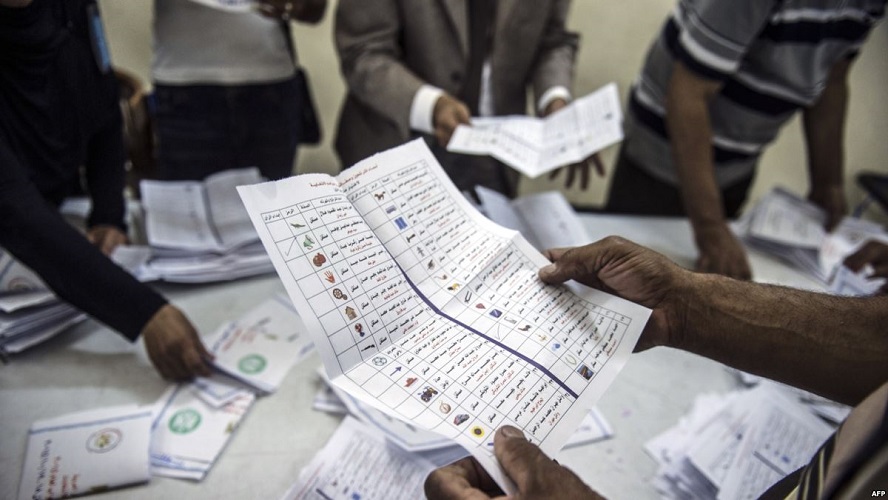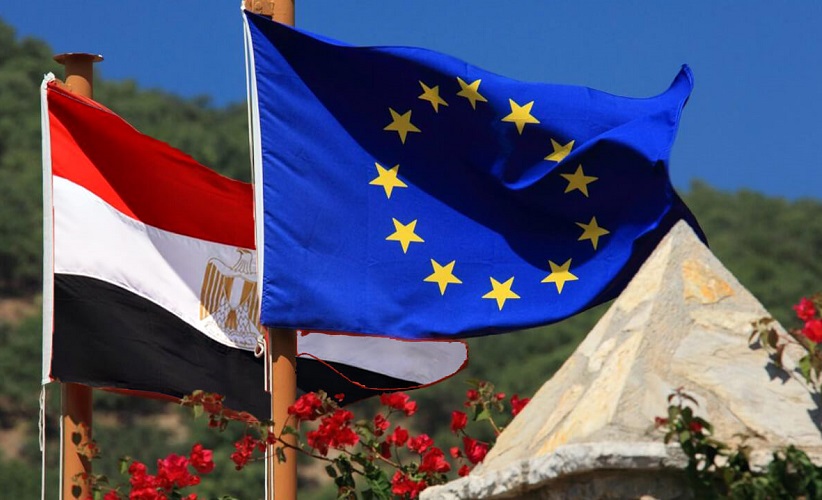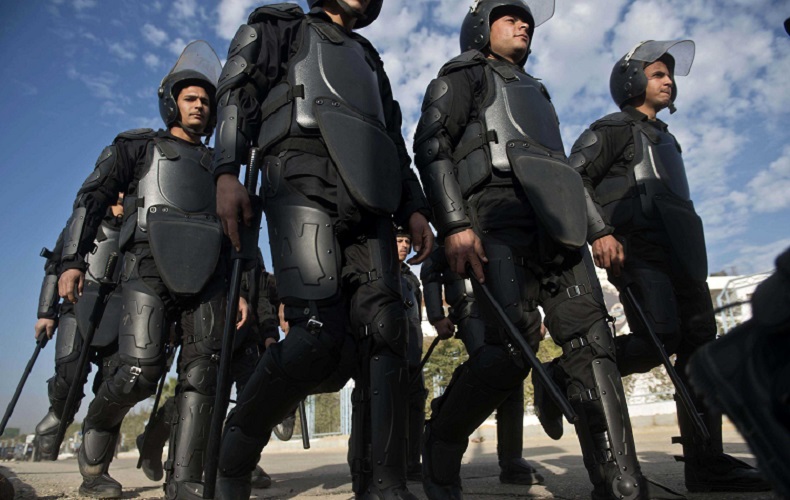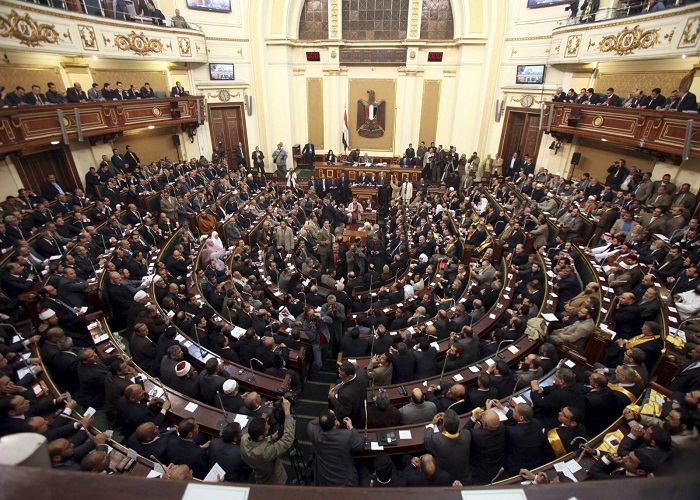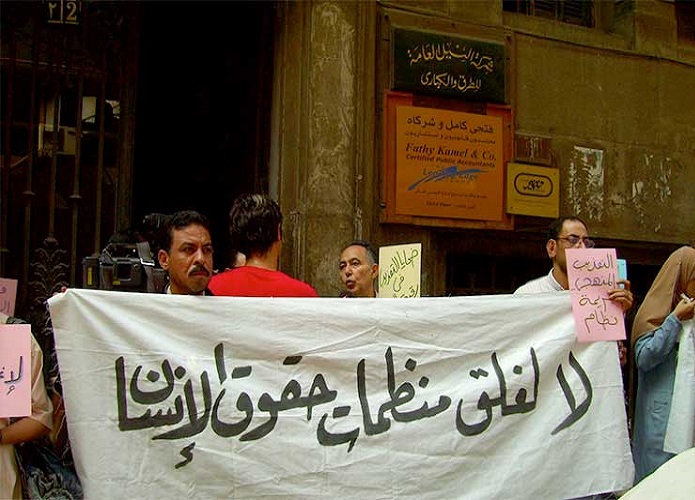Civil Society Oversight of Egyptian Elections: Between Reality and Challenges
Kholoud KhaledKholoud Khaled describes the holding of elections as one of the most important stepping stones following the ouster of Former President Muhammed Hosni Mubarak. The most vital aspect of a successful elections process includes complete transparency, lack of bias and guarantees the effective transfer of power. While the terms oversight and supervision have been used interchangeably, most controversially in the parliamentary elections of 2011, to signify the regulation of the electoral process, the two words actually mean two different things. Oversight of an election is a process that can be split into two long-term phases and a short-term one.…

